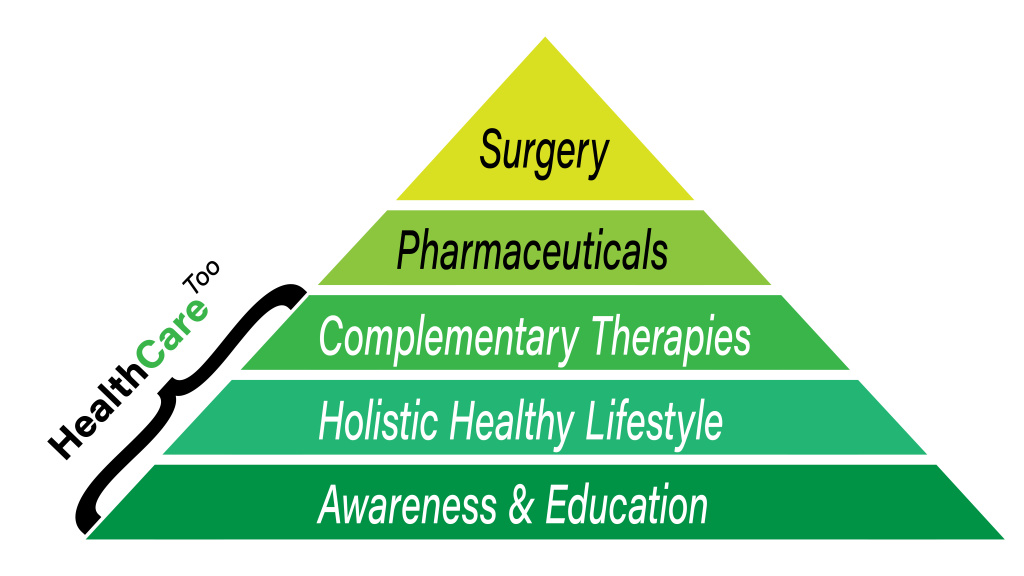Elderly Dehydration
Sometimes it’s the little things that make such a difference. For senior citizens the little thing might be drinking enough water. The Cleveland Clinic warns us to pay special attention to elderly dehydration and not assume symptoms associated with dehydration are just part of aging.
Imagine it’s peak summer and you’ve just finished up working in the garden for two hours, with the afternoon sun beating down on your back. As you walk into the house you beeline straight to the sink. There’s only one thing you can think about: an ice cold glass of water.
You most likely know this feeling of thirst – or even of being parched. But as you age, that sense of thirst diminishes. So even when your body needs to be replenished with water, you might not realize it.
Because of that, many older adults don’t drink enough liquids. “By the time they are thirsty, that’s already an indication of early dehydration,” says geriatric nurse Anne Vanderbilt, CNS.
It’s not known exactly what causes this reduction in thirst, but the consequences of it are well known: Dehydration is a common cause of hospitalization among elderly people.
Seniors are also at greater risk for dehydration because of how body composition changes with age. Older adults have less water in their bodies to start with than younger adults or children.
Water is necessary for nearly every bodily function, from lubricating joints to regulating body temperature and pumping blood to the muscles. So not getting enough of it can have serious health consequences.
Adding to the problem is that symptoms of dehydration in the elderly often go unrecognized, Ms. Vanderbilt says. Many of the earliest signs, like dry mouth, fatigue, dizziness and muscle cramps, are nonspecific and could be easily attributed to other medical conditions, medications or natural effects of aging.
You may also enjoy Tai Chi Benefits | Shape Magazine




